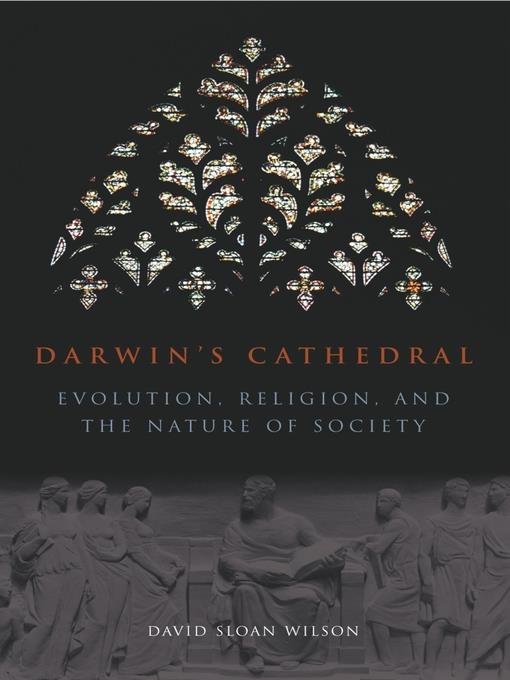
Darwin's Cathedral
Evolution, Religion, and the Nature of Society
کتاب های مرتبط
- اطلاعات
- نقد و بررسی
- دیدگاه کاربران
نقد و بررسی

June 15, 2002
Viewing religion from an evolutionary perspective, Wilson (biology and anthropology, Binghamton Univ.) argues that religious belief and other symbolic systems are closely connected to reality in that they are a powerful force in motivating adaptive behaviors. Disconnecting religion from its reliance on supernatural agents as a defining principle, he posits human religious groups as adaptive organisms wherein processes like group selection, evolutionary pressures, and moral systems come into play, offering a new avenue for interpretive insights. To his credit, Wilson looks for a middle ground in this complex confluence of biology, sociology, anthropology, and religion: "I think group selection can explain much about religion but by no means all." He depends heavily on Darwinian theory, sociologists like Rodney Stark, and symbolic thinkers like mile Durkheim and Terrence Deacon. He ultimately argues for the power of symbolic thinking as a sophisticated adaptive advantage alongside factual thinking. Wilson's readers should be prepared for a tightly argued, highly academic yet satisfying read. Sandra Collins, Duquesne Univ. Lib., Pittsburgh Sports & Recreation The Cooperstown Symposium on Baseball and American Culture, 2001.
Copyright 2002 Library Journal, LLC Used with permission.

























دیدگاه کاربران